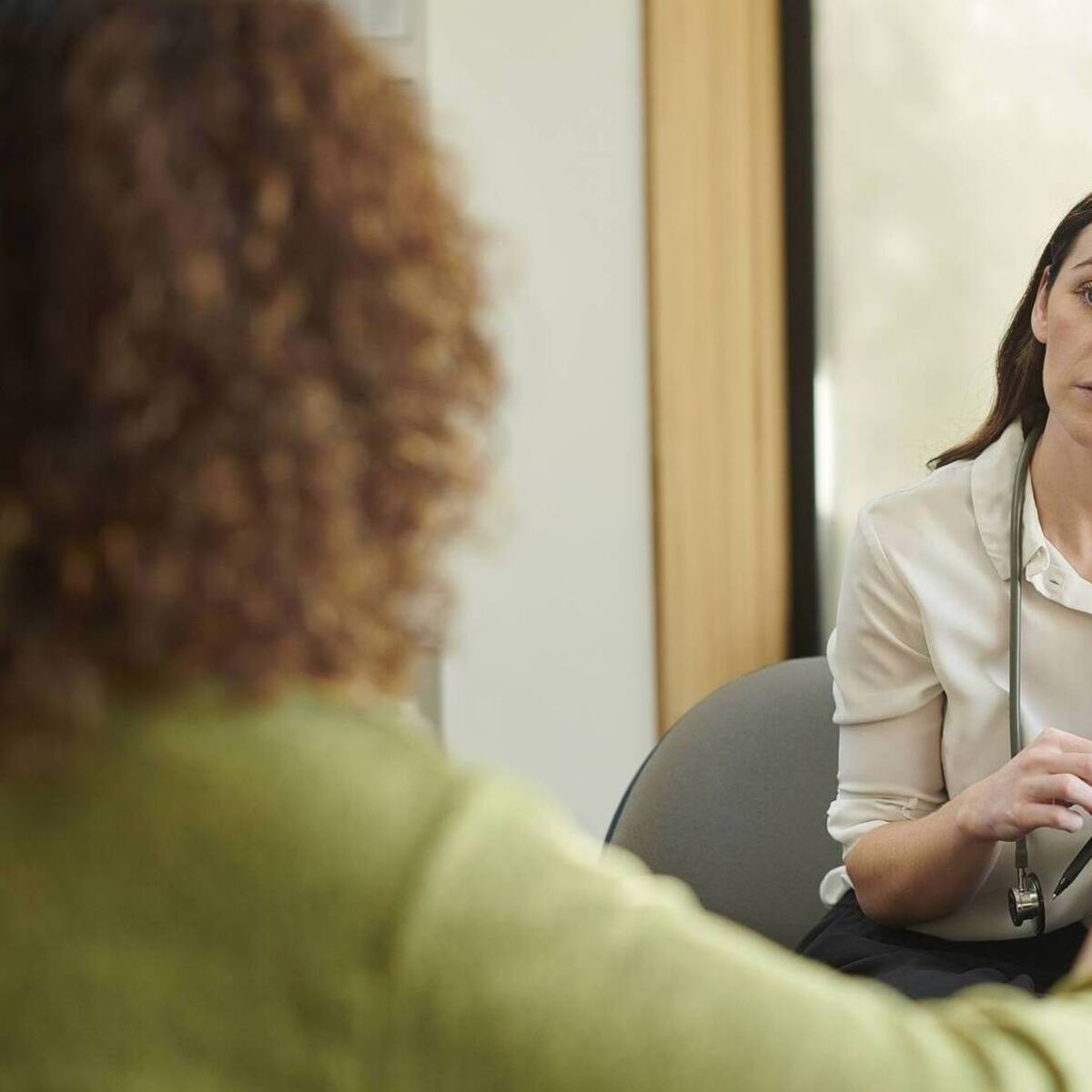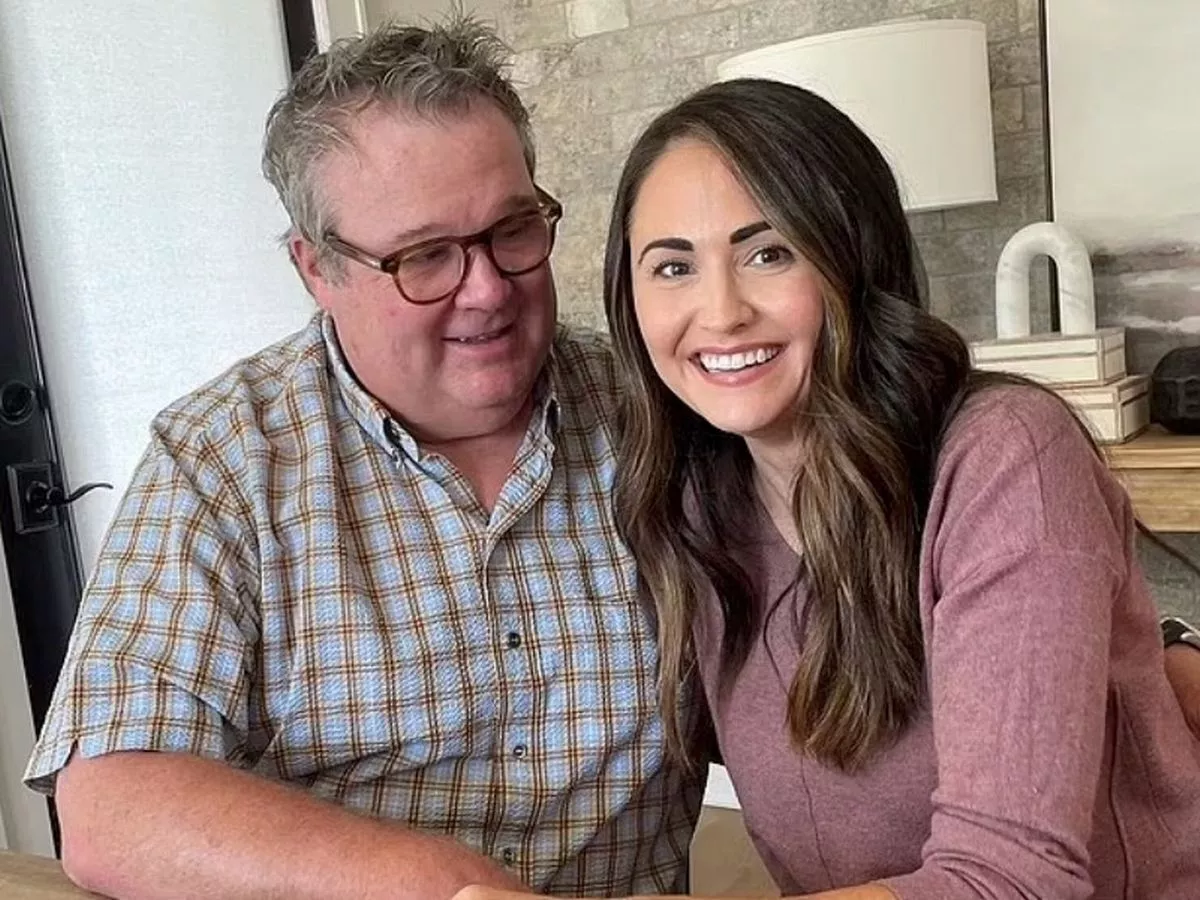By Dr Arpita Chakraborty,Irishexaminer.com
Copyright irishexaminer

Over the last three years of my research project, funded by Science Foundation Ireland and Irish Research Council (what is now Research Ireland), we have spoken to multiple survivors, organisations, and different medical staff in understanding their experiences in relation to how to improve support services.
One of the issues that has come up persistently is the existence of racist language and behaviour from support services, An Garda Síochána, or other survivors sharing the accommodation provided by the State.
Jasmin (name changed here to protect identity) is a survivor of domestic violence who finally managed to leave her husband, taking her four children with her. For the last three years she has been living in a homeless housing refuge with her children in a small apartment in north Dublin. Along with her children, Jasmin has been facing racialised abuse from the other residents which often leads to blatant forms of abuse — people calling names when they leave their house, throwing objects through the windows if they are opened, her children being called racialised names on their way to school, and people peeking through the windows at all hours.
The housing crisis means she is unable to move out of that place, and says that her children live in constant terror. Reporting to the housing estate manager in charge of the place yielded no results. The manager soon reported Jasmin to Tusla for being an unfit mother, which resulted in a social worker visiting her place. Afraid of losing her children, with no other place to go, Jasmin could not report the manager.
In our research, survivors also reported that support workers in other places had mishandled situations, frequently interpreting coercive behaviour as cultural. Survivors from racialised and minoritised backgrounds in Ireland felt they were not taken seriously by the Garda. When they were unable to pursue legal action, this was often misinterpreted as cultural submissiveness.”
Difference in directives
Our discussions with the HSE also brought up the issue of the difference in directives given to maternity hospital staff as opposed to the rest of the HSE establishments. In maternity hospitals, staff are trained to use their consultancy time with pregnant people to look for situations of domestic abuse and whether they are safe in their homes.
As pointed out to me by one of the HSE doctors I interviewed in Cork, this is not the case for GPs, dentists, or other practitioners. This means that even if they might suspect a person to be in an abusive situation, they do not have an established mechanism put in place to report that.
For some migrant women who are already in a precarious situation due to visas, work restrictions, and isolation, GP or dental visits might be the only times they are in contact with State-employed professionals. Hence, providing racial and cultural sensitivity training to such professionals is an urgent need if we are to achieve our goals of gender equality. Lip service just won’t do.
Domestic violence support services in Ireland have been working under severe constraints: Funding is low while survivors are increasing in number every passing month. Cultural sensitivity training is rare, and racial bias training is both limited and inadequate. While the Government’s announcement of the Anti Racism Fund is a small step in correcting the cause of the current racial tensions in society, long-standing educational steps are urgently needed. The fund, with its short duration, seems limited in imagination and resources to stand up to the task.
Racism exists in every part of society. It is shortsighted to expect support workers to have no racial bias, or to address it on their own.
Structural changes to enforce zero tolerance of racist behaviour, along with sustained training to help people recognise how bias shapes their actions, are urgently needed. Irish society is a multicultural, diverse society that is flourishing — the way forward is to nurture that diversity.
This is a crucial period for us to reimagine how and what we need to do to ensure every person who is part of this society can live a healthy, happy life.
Dr Arpita Chakraborty is vice-director of the Institute for Research on Genders and Sexualities at Dublin City University



